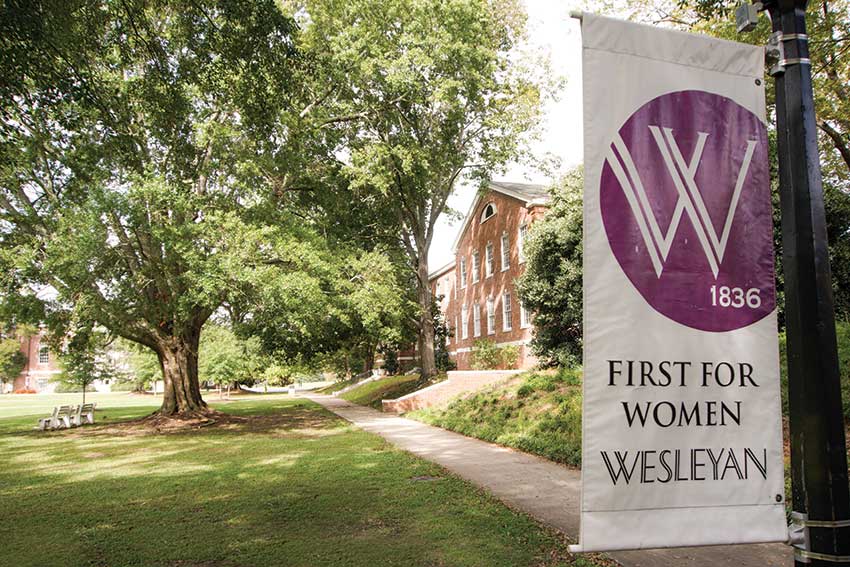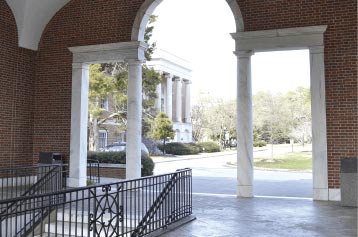FSC 225: Forensic Chemistry.
Goal: To build upon fundamental chemical principles by applying critical thinking skills to the area of forensic science. To understand the methods and challenges associated with forensic science from a chemical perspective.
Content: This course is designed to introduce students to the role modern chemistry plays in forensic applications as well as the scrutiny with which forensic data are usually subjected when they enter the legal system.
Prerequisite: CHM 100 or CHM 101.
Credit: 3 hours, cross-listed as CHM 225.
FSC 330: Forensic Psychology.
Goal: To understand the application of psychological principles to forensic psychology.
Content: Forensic Psychology involves the application of psychological knowledge or methods to a task faced by the legal system. Both the production and application of the knowledge and methods of psychology to the civil and criminal justice system are explored (e.g., eyewitness memory and testimony, criminal behavior, jury decision making, and competency evaluations).
Prerequisite: PSY 101.
Credit: 3 hours; cross-listed as PSY 330.
FSC 345: Forensic Biology.
Goal: The course will require students to apply fundamental cell biological, biochemical, histological, physiological and molecular biology principles and techniques to the analysis of trace materials that are typically found at crime scenes.
Content: This course will emphasize critical thinking and problem solving skills and will reinforce the importance of accuracy in laboratory science experiments. Course material will cover the biochemical, physiological and molecular basis of forensic methods and case studies will be used to contextualize the use of forensic biology techniques as they are applied to crime scene investigation and conservation biology. Laboratory exercises will include histological analysis of plant, animal and human tissues, basic and forensic serology techniques and forensic DNA analysis.
Prerequisite: BIO 110 and BIO 112.
Credit: 4 hours; cross listed as BIO 345.
FSC 396: Special Topics in Forensic Science.
Goal: To provide an opportunity for exploration of a topic not offered as part of the established curriculum.
Content: Examination of special topics, problems, or issues that seem particularly relevant to student needs and interests.
Prerequisite: Dependent on topic.
Credit: 3 hours. A student may take a maximum of six to eight semester hours (two courses) of special topics in any one field.
FSC 451: Directed Independent Study.
Goal: To provide the student with the opportunity for independent study, under careful supervision, of significant topics in accounting selected in consultation with the instructor.
Content: Varies.
Prerequisite: Adequate course work for the topic selected.
Credit: 1-6 hours.
FSC 452/199: Field Study.
Goal: To provide the student with intensive, specialized work experience in the area of accounting.
Content: Observation and participation in the work of accounting professionals.
Prerequisite: Adequate course work for the placement selected and permission of the faculty advisor; approval of the Director of Career Development.
Credit: 1-12 hours.
FSC 499: Honors Thesis. (Fee required).


Wesleyan College is privileged to steward many arts and cultural events and share them with the community. Most are free and open to the public. Wesleyan art galleries are open M-F 1-5PM and on Wesleyan Market Saturdays from 10AM-2PM.
Event listing
Tour our beautiful 200-acre campus featuring Georgian architecture, lush green spaces, recreational facilities, residence halls, and worship center.
Vist Wesleyan Virtually
Wesleyan College is home to five NCAA Division III sports: soccer, basketball, volleyball, tennis, and softball. In addition, we offer an award-winning Intercollegiate Horse Show Association (IHSA) Equestrian program.
View More